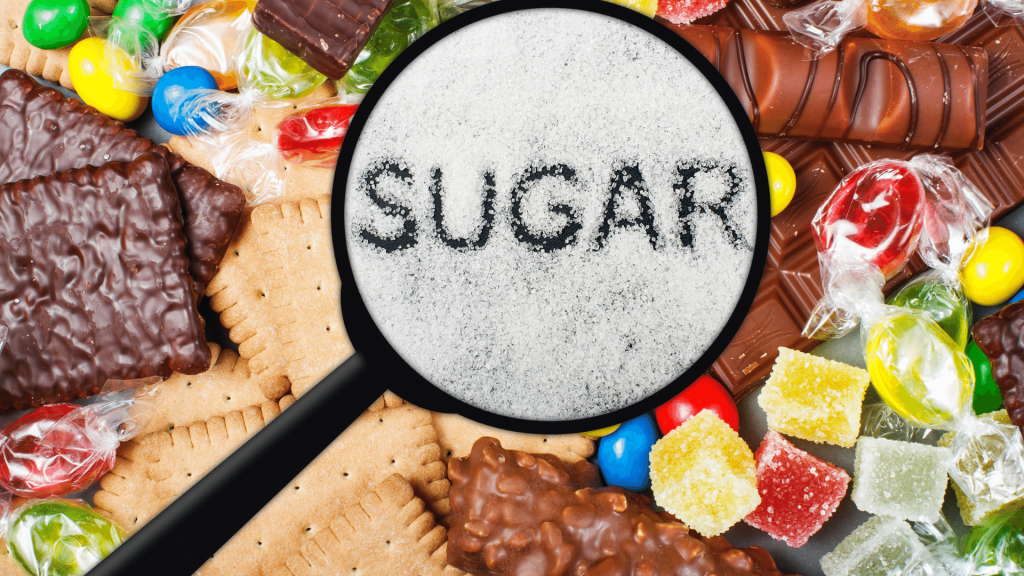What is in our food today ?

In today’s fast-paced world, our diets have undergone significant transformations, with convenience often taking precedence over nutritional value. This shift towards processed foods, high in sugars and acids, has not only affected our general health but has also posed unique challenges to our oral well-being. Understanding the relationship between modern diets and oral health is crucial for maintaining both a healthy smile and overall physical health.

The Rise of Processed Foods and Sugars
The cornerstone of many modern diets is the increased consumption of processed foods and beverages. These products often contain high levels of added sugars, which are detrimental to oral health. When sugar is consumed, it interacts with the bacteria in the plaque on our teeth to produce acid. This acid attacks the enamel, leading to tooth decay and cavities. Studies have shown a direct correlation between the rise in sugar consumption and the prevalence of dental caries (tooth decay) globally. Our children often are given too much sugar in the diet, leading to rampant tooth decay and cavities. Visit a local dentist or Paediatric dentists near you for some advice.

The Acidic Culprit: Erosion and Modern Beverages
Besides sugar, the acidity found in many popular beverages, such as soft drinks, energy drinks, and even fruit juices, can cause dental erosion. This condition results from the acid in drinks dissolving the enamel of the teeth, making them more susceptible to wear and decay. Unlike dental caries, which is a bacterial process, erosion is a chemical process that does not involve bacteria. The frequent consumption of acidic beverages is a significant concern in modern diets and oral health, as it can lead to increased sensitivity, discoloration, and even tooth loss.
The Hidden Effects of “Healthy” Foods
Interestingly, even foods marketed as healthy can pose risks to oral health. For instance, many sports drinks, fruit smoothies, and energy bars contain high levels of sugars and acids. While they may offer nutritional benefits, such as vitamins and minerals, their impact on oral health cannot be overlooked. It’s essential for individuals to be aware of these hidden dangers in their diet and take proactive steps, such as rinsing with water after consuming these products, to mitigate their effects on dental health.

Nutritional Deficiencies and Oral Health
Modern diets, often characterized by an over-reliance on processed foods, can also lead to nutritional deficiencies that affect oral health. For example, deficiencies in vitamins A, C, and D, as well as calcium and magnesium, can weaken teeth and gums, making them more prone to disease and decay. Incorporating a balanced diet rich in fruits, vegetables, lean proteins, and dairy products can help counteract these deficiencies and support healthy teeth and gums.
The Way Forward: A Balanced Approach to Diet and Oral Health
To combat the adverse effects of modern diets on oral health, it is vital to adopt a more balanced approach to eating. This includes limiting the intake of sugary and acidic foods, increasing consumption of whole foods, and ensuring a diet rich in nutrients essential for dental health. Regular dental check-ups and proper oral hygiene practices, such as brushing twice a day and flossing daily, are also crucial in preventing dental issues related to diet.
By adopting healthier dietary habits and maintaining rigorous oral hygiene, individuals can mitigate the impact of modern diets on oral health, ensuring both a bright smile and a healthier future. Contact the dentists near you today for some advice.
References
- Moynihan, P., & Petersen, P. E. (2004). Diet, nutrition and the prevention of dental diseases. Public Health Nutrition, 7(1A), 201-226. [This comprehensive review highlights the link between diet, nutrition, and the prevention of dental diseases, emphasizing the role of sugar and acid in dental caries and erosion.]
- Touger-Decker, R., & van Loveren, C. (2003). Sugars and dental caries. The American Journal of Clinical Nutrition, 78(4), 881S-892S. [This article discusses the relationship between sugar consumption and dental caries, providing evidence of the impact of dietary sugars on oral health.]
- Zero, D. T. (2006). Etiology of dental erosion—extrinsic factors. European Journal of Oral Sciences, 114(suppl 1), 123-139. [This paper examines the extrinsic factors contributing to dental erosion, with a focus on dietary acids found in modern beverages.]
- Palmer, C. A. (2013). Diet and nutrition in oral health. Pearson. [This textbook offers an in-depth look at the relationship between diet, nutrition, and oral health, covering both the detrimental effects of modern diets and strategies for maintaining oral health through nutrition.]


